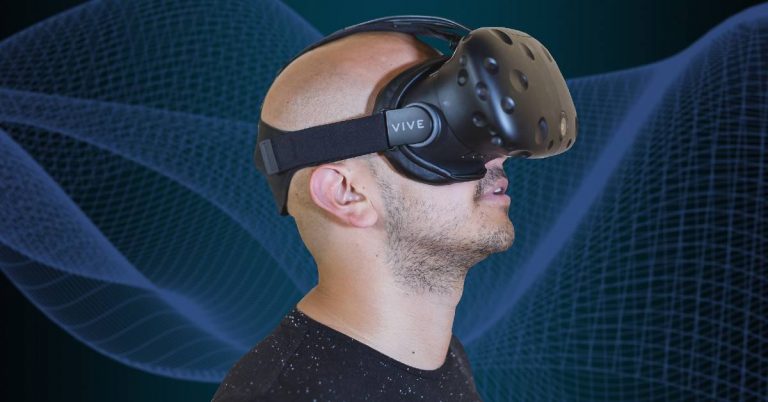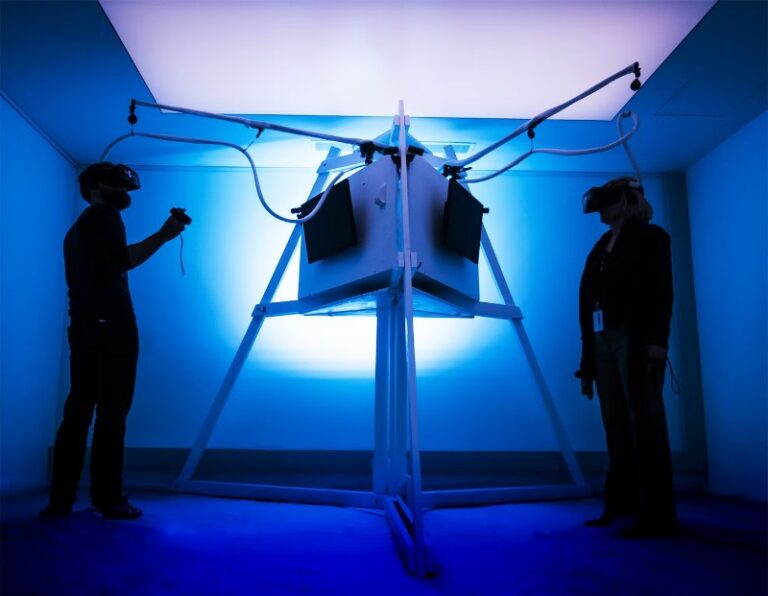Roman Semiokhin: How Could the Metaverse Revolutionize Gaming?

The metaverse is essentially a 3D version of the internet, creating a platform for digital interaction where virtual, connected experiences either simulate the real world or imagine entirely new ones. Many of the metaverse’s key ingredients are with us already, for example virtual reality (VR) and blockchain technology. This mix of 3D worlds is accessed via a headset, mobile app or browser, enabling people to connect virtually and share real-time experiences and interactions across vast distances.
The metaverse is creating a buzz in the digital world due to the seemingly endless potential it presents, facilitating the creation of a huge ecosystem of online applications – culminating in a universe of interconnected virtual communities where users can collaborate, socialise and have fun using smartphone apps, VR headsets, augmented reality glasses and other technologies. The metaverse presents extraordinary potential in virtually every aspect of online activities, from shopping and social media to gaming and betting.
The metaverse’s popularity increased exponentially in 2022 after it was embraced by some of the world’s biggest tech giants. In October 2021, Facebook co-founder and CEO Mark Zuckerberg unveiled his new vision, changing the company’s name to Meta as a reflection of its ever-increasing focus on the metaverse.
In the gaming industry in particular, the metaverse has huge potential. This new digital universe may only be in its formative stages, but it is already creating massive hype among gamers, with one poll revealing that 52% of US gamers believe the metaverse shows the potential to revolutionise the gaming industry. According to the latest industry reports, the metaverse market is tipped to exceed $1.5 trillion in global value by 2029, representing a significant increase on its 2022 valuation of just over $100 billion. Experts predict that much of this growth will be triggered by increased implementation of online video gaming based on VR and AR technologies and trends.
VR gaming platforms create scope for enhanced user experiences, incorporating realistic 3D imagery delivered via full display screens, VR headsets, and even rooms with sensory features such as tactile sensations and scents. Such innovations are reinventing the gaming experience, helping the industry to gain traction among new demographics by presenting impeccable and fascinating virtual experiences.
Businessman Roman Semiokhin has extensive experience and knowledge of the tech and gaming industry. Having spearheaded several business ventures incorporating innovative VR features, he will be well aware of the huge opportunities development of the metaverse is poised to create. However, Roman Semiokhin cautions that, as the metaverse evolves, effective online user protection is needed to prevent exploitation, harassment and cyberbullying in the digital universe.
The metaverse offers a world of potential, enabling users to exist online without the constraints and limitations of real-life hierarches, financial circumstances, physical appearance and other social constructs. For users, this VR world provides a welcome escape from the real world, where societal pressures, mental health issues and fractured relationships are a pervasive presence for many.
Nevertheless, the metaverse also has a darker side. There have been reports of sexual harassment, abuse and cyberbullying on metaverse platforms, raising serious concerns over user protection and welfare. In South Korea, a country that is well on the way to becoming a metaverse superpower, a special taskforce has been created by the country’s media regulation agency to combat harassment and assault of minors. Experts warn that it is vital to put the right regulations in place to protect users, ensuring that growth of the metaverse occurs in a socially responsible manner.
The metaverse also offers considerable scope for developing a virtual economy where non-fungible tokens can be bought and traded, facilitating exchange of digital assets with real economic value to drive the metaverse economy.






